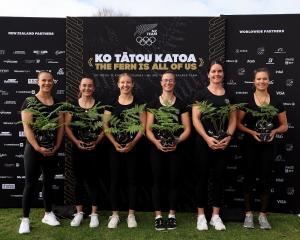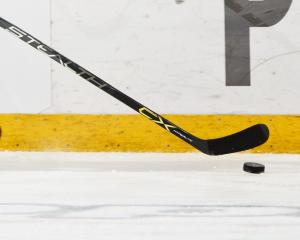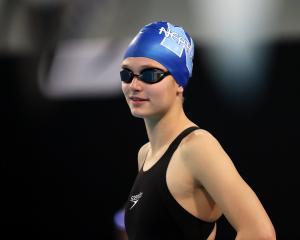In part three of our series, Sport Otago chief executive John Brimble warns against becoming too obsessed with sport at the top level.
He spends his working day making sure the structures are in place to enable us to lead healthy, active lives.
And his first point, despite what you may have heard, is that sport's grass roots are "generally in good heart".
Government initiative Kiwisport has had a dramatic impact in helping get Otago children active, and the number of school-aged children participating in organised sport in the region has lifted.
There has also been a "phenomenal growth" in social sport - the so-called pay-to-play events which seemed to fit snugly with modern life - and there is more alignment between national bodies and local bodies such as Sport Otago.
But it is not all hot dogs and overpriced beer out there.
Brimble warns against becoming too obsessed with sport at the top level.
"We don't want to become like the United States, where the majority of people are spectators rather than participants," he said.
Part of the problem, as Brimble sees it, is national sporting bodies tend to be too focused on the elite end.
"I think we've got a number of national sports [bodies] who still see their role to promote high performance, with very little trickle-down effect for the grass roots. So, at the bottom end of the sport, we are still very much reliant on the local regional sports organisation and their volunteer-base to keep the sport functioning.
"The sort of issues they are having to deal with are increased costs of running the sport and a shrinking volunteer base."
The fact volunteers are leaving sport in their droves seems to be more of a societal issue. But rising costs can be directly linked back to the national bodies. Affiliation fees keep rising and the affordability of sport is becoming a real issue for some people.
"Often, the catchcry at grass roots is 'What are we getting in return?' They see that money going into high performance."
That perception is only enhanced when high-profile athletes are seen to be living the high life.
But while the players are out shopping for designer jeans and the latest gadget, the organisations they work for are crying poor.
Late last year, the New Zealand Rugby Union revealed plans to sell the operating licences for four of its five Super 15 franchises. New Zealand Cricket seems set to follow suit with a similar proposal, and Netball New Zealand is hoping to push through plans to merge its 12 regional associations with the five ANZ Championship franchises.
What New Zealand's three biggest codes have in common is an agreement that they need to cut costs or increase revenue, or, preferably, both.
"For a number of sports, the level of payment being made to the players is not sustainable," Brimble said.
"That is putting major financial demands on the sport. I guess the issue which is common across professional sport is the model which has been developed can't be sustained relative to the population that exists in New Zealand.
"It is a model which works well in the States or in the UK, where there is a huge population base and you can generate the revenue through gate takings. But in New Zealand that does not tend to be the case.
"It is not just a reflection of the economy. The economical situation certainly does not help and there has certainly been a tightening of the sponsorship dollar.
"But we have to remember New Zealand exists in a small pond and we don't have access to the huge sponsorship dollars that other countries have. We're always going to be up against it in that regard."










